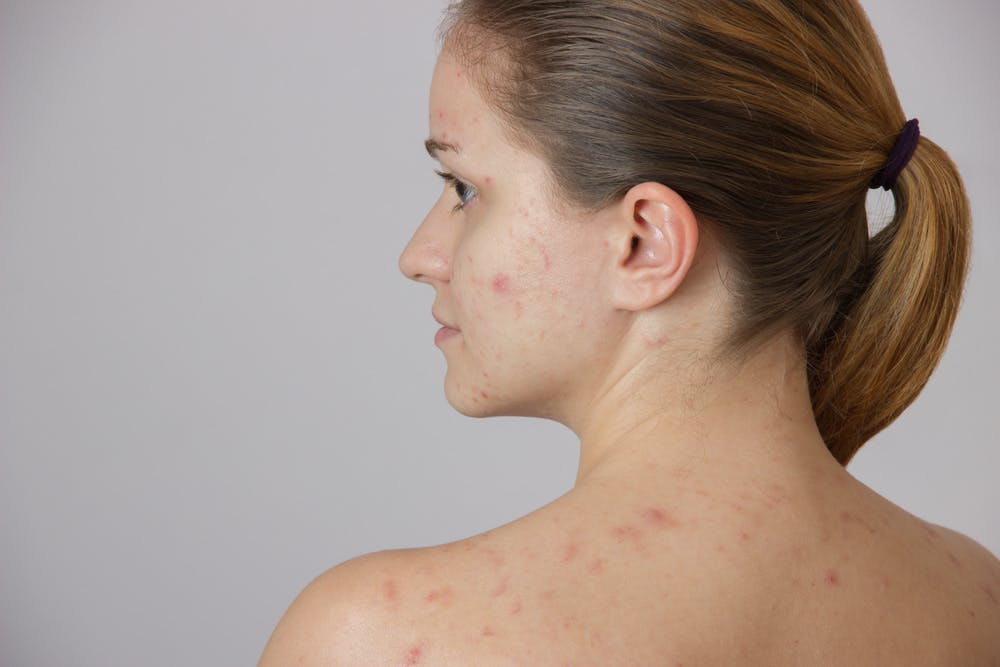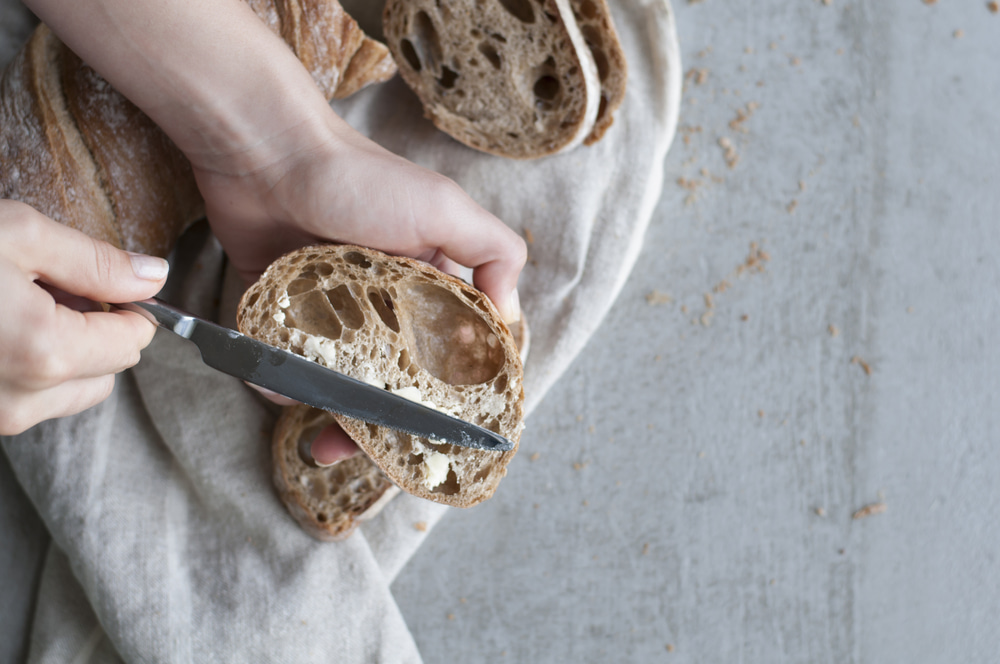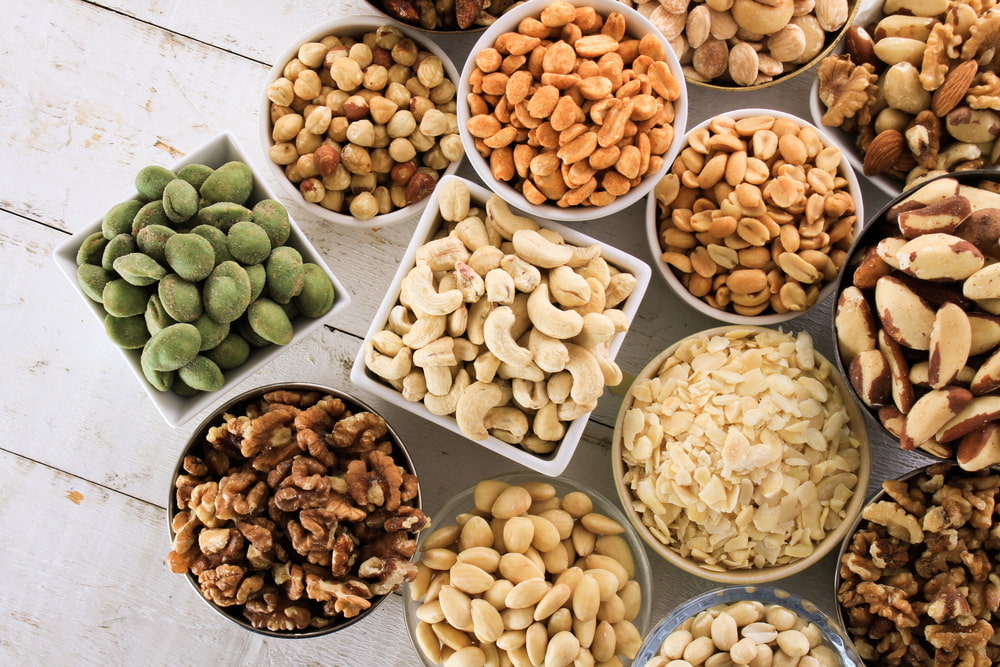
Exploring how diet can contribute to glowing, healthy skin
Acne can be distressing, undermining self-confidence and is often a reason why girls start taking the contraceptive pill earlier than they might otherwise have. The most common cause of acne is changes in hormonal levels, such as when you’re about to get your period, or throughout puberty. But did you know your diet could help prevent acne, and improve your overall skin health?

1. Cut back on sugar
High sugar and high glycemic load (GL) foods may contribute to acne. Too much sugar or fast-releasing carbohydrates in white bread, sweets, and sugared drinks, as well as too much fruit juice, leads to surges in your blood sugar level. These trigger the release of insulin, which promotes fat storage sebum production.
Include wholesome, unprocessed foods in your diet, as they contain vital vitamins and minerals for energy production, detoxification and good skin. Try wholegrain versions of bread and pasta, and eat plenty of fresh fruit and vegetables. Eating protein with carbohydrates lowers the GL of meals as well, which also helps with weight, as it reduces the likelihood of fat storage.
2. Increase your intake of zinc
Our skin contains around 20% of the body’s zinc, so acne can be a symptom of zinc deficiency. Zinc controls the production of oil in the skin, and can help control acne-causing hormones. It’s essential during teenage years because it’s involved in growth and sexual maturation. Foods rich in zinc include fish, eggs, meat, and nuts.

3. Try eliminating dairy from your diet
Some studies have shown a link between dairy intake and acne. Try avoiding dairy products for two weeks. Only total avoidance can produce a clear result.
4. Essential fatty acids
If your skin is dry or inflamed, try upping your intake of essential fatty acids (EFAs). EFAs contribute to the moisture content of our skin and help repair it. The body can’t produce its own EFAs, so you need to obtain them through your diet, with oily fish, nuts, and vegetable oils.
Written by Melody Mackeown.
Read the full article on Nutritionist Resource.

